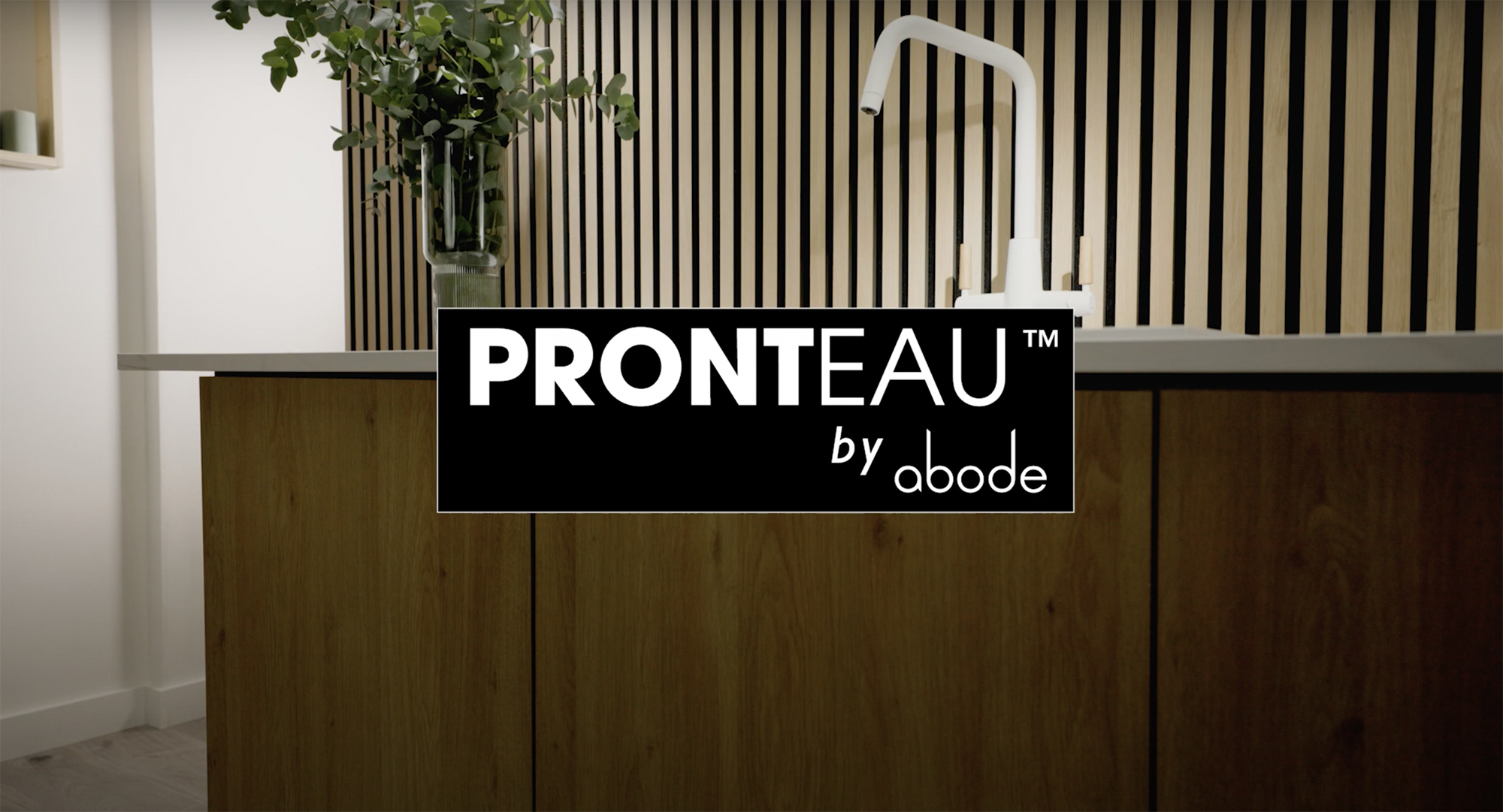CEO of the Bathroom Manufacturers Association Tom Reynolds gives his view on which parts of the Environmental Bill will remain and have the most impact on the bathroom industry.

When Parliament was dissolved, before the election, the Government’s Environment Bill fell.
With a new government now in place, it is only a matter of time before it is re-introduced either as written, or with even more wide reaching implications.
Sponsored Video
But, in my view, these are the parts of the legislation that will remain and have the most impact on the bathroom industry.
Tightening rules on recycling waste
The Bill would have required every recyclable waste stream (i.e. glass, metal, plastic, paper/card, food) to be collected separately unless technically or economically unviable.
The Environment Agency would have been able to issue notices where non-compliance exists.
The Bill also sets the scene for new regulations to introduce electronic waste tracking. KBB businesses would have incurred fees to cover the cost of establishing this system. Failure to comply with new regulations would be a criminal office.
The producer pays
Schedule 6 of the Bill focused on producers taking responsibility for disposal costs of items.
The government would set out the calculation of the payable sum but it would include the following costs:
(a) Collecting and transporting products or materials for disposal.
(b) Sorting and treating products or materials.
(c) Other steps preparatory to disposal of products or materials, and
(d) Providing public information about the disposal of products or materials.
KBB manufacturers should be concerned about this provision because bathroom and kitchen products have a long lifecycle.
As an industry, we need to question how any methodology can capture disposal costs that could be radically different from the time of production.
Surely, this would merely defer money from research and development to make products more sustainable in the round?
Authorities introduce initiatives
The Bill will allow national authorities to demand information about resource efficiency from producers.
This information would need to cover the expected life of products, repair/maintenance/upgrade, methods of disposal, techniques and resources used in manufacturing and any pollutants omitted.
Again, there are potentially major issues with the practicality of this part of the bill. If different nations of the UK demand different information from consumers, the costs of compliance will escalate.
The Bill also allows national authorities to establish deposit schemes. They would also be able to introduce charges for any single-use plastic item, including packaging.
Focus on water
A section of the Bill focused on improving the management of water resources.
Under the Bill the government could require water companies to work together on water resource management and drought planning.
It would bring about regulations that would set how Water Resource Management Plans, Drought Plans and joint proposals should be put together, including the consultation process.
The Bill also allows the Government to serve notices on the water industry to make them supply information to help monitor water resources.
Crucially, the Government will also be able to modify the terms of the water company’s appointments.
With a lot of pressure set to come on the water companies around management of water resources, as manufacturers of water fittings, the KBB industry should brace itself for a share of that pressure.
Planning system changes
Seven years after the introduction of the National Planning Policy Framework, with its ‘presumption in favour of sustainable development,’ the Bill would change up the planning system once again requiring a ‘biodiversity net gain’ with any planning permission.
Of course, this will impact any KBB business looking to modify their premise, but it also has the potential to slow down the planning system for new build – a major part of the KBB market.



